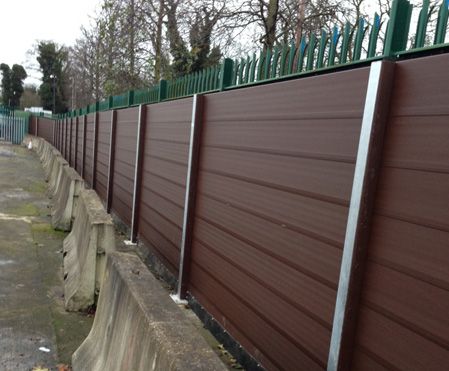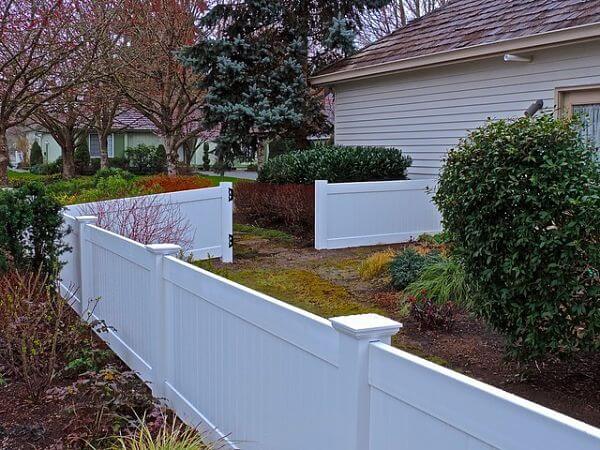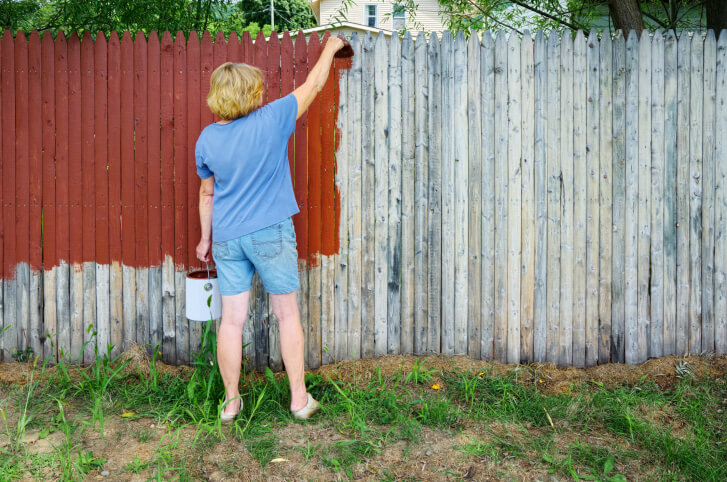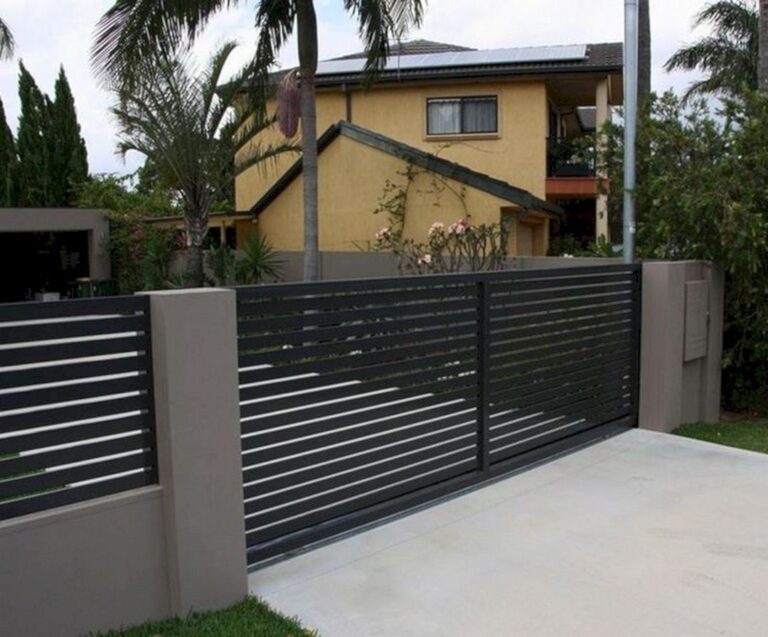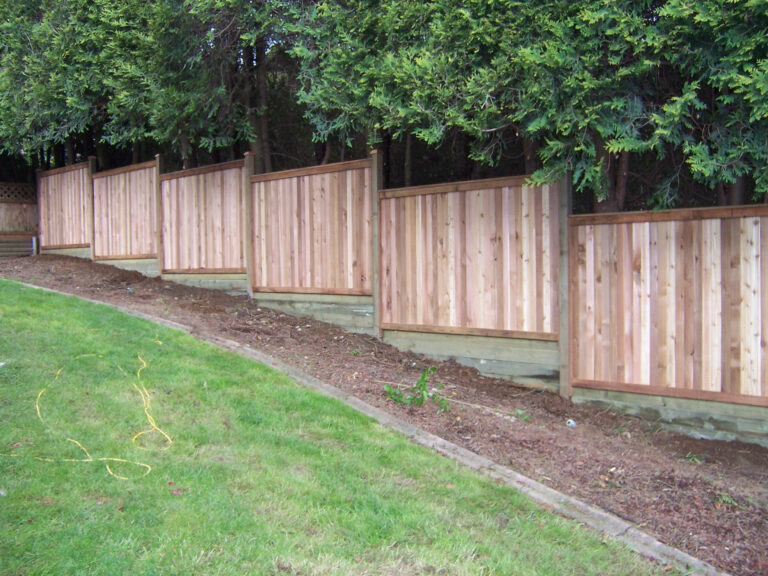For noise reduction, consider using heavyweight materials like wood or PVC for your fencing. These materials effectively block sound and minimize noise pollution in your outdoor space.
Thinking about ways to reduce the amount of noise in your outdoor space? Fencing is a practical solution that not only provides privacy and security but also serves as a barrier against unwanted noise.
Whether you live in a bustling neighborhood or near a busy street, noisy environments can be disruptive.
By choosing and installing the right type of fencing, you can create a more peaceful and tranquil outdoor area for relaxation and enjoyment.
This guide will walk you through the factors to consider and options available for fencing for noise reduction, helping you make an informed decision that suits your specific needs and preferences.

Understanding Noise Pollution
Noise pollution is a pervasive environmental issue that can significantly affect our well-being.
Understanding the impact of noise pollution is crucial in finding effective solutions to mitigate its effects.
Whether it’s the clamor of urban traffic, machinery, construction, or even recreational activities, noise pollution can disrupt our daily lives and contribute to adverse health outcomes.
Dive into our fencing solutions to explore how strategically designed barriers can help minimize noise and create a quieter, more serene environment for your living spaces.
Impact Of Noise Pollution On Health
Excessive exposure to noise pollution has been linked to various health issues, including heightened stress levels, sleep disturbances, and cardiovascular complications.
Prolonged exposure to high levels of noise can lead to increased blood pressure, heart disease, and mental health disorders such as anxiety and depression.
Sources Of Outdoor Noise Pollution
The sources of outdoor noise pollution are diverse and include transportation systems such as road traffic, aircraft, and railway operations.
Additionally, industrial activities, construction sites, and recreational venues like sports stadiums and amusement parks contribute to the outdoor noise pollution burden.
Choosing The Right Fencing Material
Choosing the right fencing material is crucial when considering noise reduction.
By selecting a suitable material, you can effectively minimize the impact of external noise, creating a more peaceful and tranquil environment within your property.
Factors To Consider For Noise-reducing Fencing
When looking for a noise-reducing fencing material, there are several essential factors to consider:
- Material Density
- Thickness of the Material
- Sound Transmission Class (STC) Rating
- Cost and Maintenance
Impact Of Material Thickness On Noise Reduction
The material thickness plays a significant role in noise reduction.
Thicker materials are more effective at blocking and absorbing sound waves, thereby reducing the overall noise level.
When choosing a fencing material for noise reduction, opt for thicker options to achieve better acoustic insulation.
Installation And Maintenance Tips
Fencing is an effective solution for reducing noise pollution in residential and commercial properties.
Whether it’s to block out street noise, reduce the sound of nearby construction, or create a more peaceful outdoor living space, installing a noise-reducing fence can significantly improve the acoustic environment of your property.
Proper Installation Techniques For Noise-reducing Fences
Proper installation is crucial for the effectiveness of noise-reducing fences.
When installing a noise-reducing fence, ensure that it is installed at the correct height and angle to maximize its sound-blocking properties.
Incorporate a solid foundation to minimize potential gaps through which sound can penetrate.
This includes using heavy-duty posts and secure anchoring systems to ensure stability and durability.
Consider using dense materials such as heavy timber, composite wood, or masonry for fence construction, as these materials are effective at absorbing and deflecting sound waves.
When selecting the fence design, opt for solid panels rather than open slats to provide better noise reduction. Ensure the fence is installed consistently without any gaps or weak points that could compromise its noise-reducing capabilities.
Maintenance Practices To Ensure Long-term Noise Reduction Benefits
Maintaining your noise-reducing fence is essential to ensure its long-term effectiveness.
Inspect the fence regularly for any signs of damage, wear, or loose components.
Address any issues promptly to prevent sound leaks and uphold the fence’s noise reduction capabilities.
- Repaint or reseal the fence as needed to maintain its integrity and weather resistance.
- Clear debris from the base and structure of the fence to prevent obstructions that could affect its noise-blocking properties.
- Replace damaged panels or components to maintain the structural strength and acoustic performance of the fence.

Frequently Asked Questions
What Type Of Fence Is Best For Noise Reduction?
A solid fence made of materials like wood, composite, or vinyl, with minimal gaps, is best for noise reduction.
It creates a solid barrier for sound waves to bounce off, reducing the overall noise level in your property. Choose a tall fence for better noise reduction.
Do Noise Reducing Fences Work?
Yes, noise-reducing fences can effectively decrease noise levels from outside sources, providing a quieter environment.
The design of the fence, including materials and thickness, plays a significant role in its soundproofing capabilities. Regular maintenance can also ensure maximum effectiveness.
Can A Fence Be A Sound Barrier?
Yes, a fence can act as a sound barrier by absorbing and reflecting sound waves. It can help reduce noise pollution from nearby roads, neighbors, or other sources.
However, the effectiveness of the barrier depends on the materials and construction of the fence.
Conclusion
Fencing is a valuable asset for reducing noise pollution on your property. By choosing the right materials and design, you can effectively minimize the impact of external noise.
Ensuring proper installation and maintenance will maximize the effectiveness of your noise reduction efforts.
Invest in quality fencing to create a peaceful and serene environment for your home or business.

